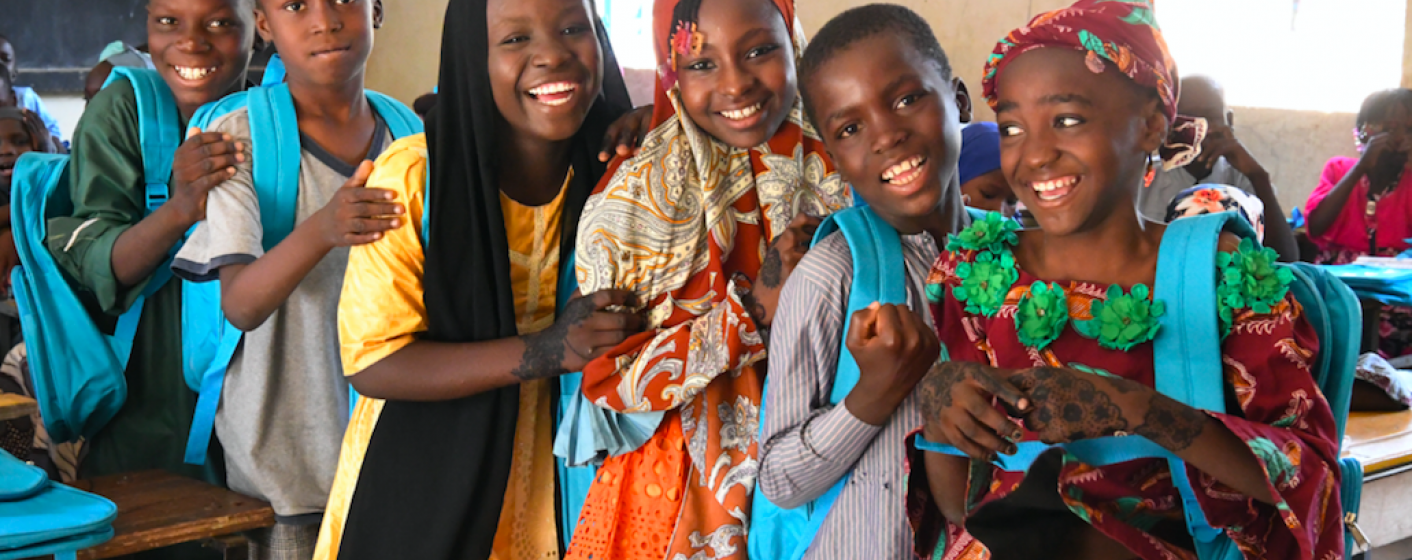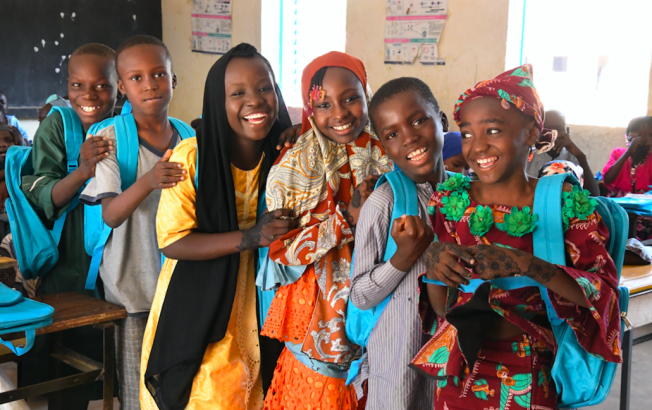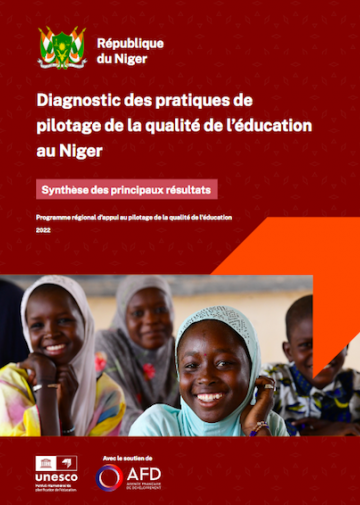A top-down system
In Niger, the ministry's central administration stronghold on the management of the education system and on the implementation of reforms and regulations does not facilitate exchanges. At each level, accountability is marked by vertical transmission of information, and this lack of dialogue between stakeholders affects the entire system. There is very little analysis of data and results are often distorted due to the low level of feedback to central management from the field. In this top-down logic, the actors do not share their thoughts and do not exchange information in order to adapt national decisions to each territory.
"At the national level, we cannot say what a teacher's real need is because the DREP's training division does not transmit the reports on the use of bulletins to the DFIC because of the hierarchical reports," - as this officer points out, each link in the chain is disconnected from the lower level and its realities, and these strict professional views lead to feelings of mistrust among officers, who end up equating supervision with sanctions.
Overly formal frameworks
The supervision and support system for teachers is focused on formal control. During class visits, for example, supervisors do not take into account the real difficulties of the teams and the pupils' results but rely on compliance with the standards governing the session. These compliance checks, directly linked to hierarchical demands, widen the gap between field workers and administrative bodies. One agent deplored the lack of freedom to exchange views: "It is clear that CAPED[3] and mini-CAPEDs must be rethought and, above all, oriented towards more in-depth analyses of practices; they must become high places of reflection where exchanges are centered on teachers' experiences and the enrichment that they can generate.
Unsuitable teaching tools
A study conducted in 2017 by the Ministry showed that teachers have a poor command of the numerous skills they teach, including the training scheme which is widespread, but is designed by external bodies, then standardized and generalized throughout the country. On the one hand, the programmes are defined without knowledge of the different contexts between schools in urban and rural areas, and on the other hand, the teachers who are directly impacted are not involved in either the development or in the definition of the objectives set.
Only an endogenous and progressive change at all levels of the education system would make it possible to improve quality management. More room for dialogue and transparency in regulating actions could help to reduce the disconnection between the field and central management.
[1] The dynamics of schooling in Niger: An assessment for sustainable development, World Bank, 2004
[2] Analysis of the education sector in Niger, IIEP-UNESCO Dakar, 2019
[3] Educational animation unit



